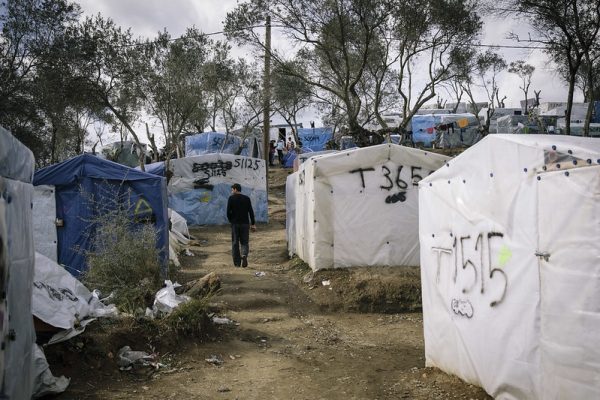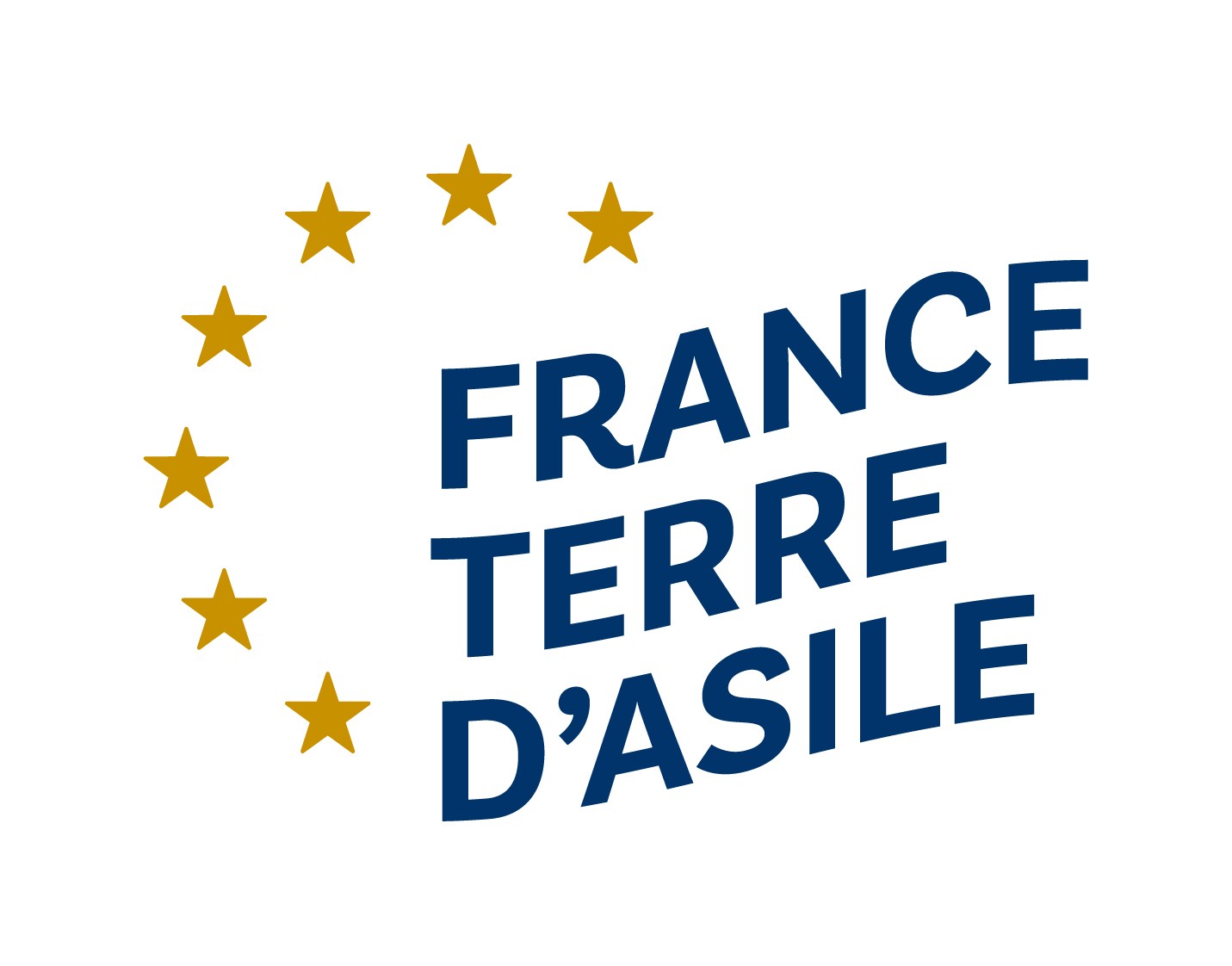What evolution of asylum policies in European countries since 2015?
In the 2010s, and in particular from 2015 onwards with the intensification of the Syrian conflict, the number of asylum applications significantly increased in the EU Member States. This situation has led to political tensions in and between some countries – particularly those on the "front line" such as Greece and Italy – regarding the suitable responses in terms of reception and integration of exiled persons.
How have national asylum systems in Europe adapted? Is the reaction of the European institutions – in a fragmented Union on the issue of asylum – appropriate?
Découvrez nos articles
News
The coronavirus effect on European migration policy
Alain Le Cléac'h shares his point of view on the coronavirus epidemic and its consequences on the rights of migrants in France, and on what it implies in terms of European migration policy.
+

News
Germany’s Ankerzentren: a quick way of managing the asylum procedure while undermining fundamental rights
The first Ankerzentren were set up in 2018 at the instigation of the German Minister of Interior Horst Seehofer. They are designed to speed up the processing of asylum applications and to make it easier both to send rejected asylum seekers home and to transfer those placed under the “Dublin” procedure to other countries. These reception centres are the only ones of their kind in Europe and might inspire other Member States. However, a year and a half after they were set up, there is a great deal of criticism which is bringing the justification for their introduction into question.
+

News
Is a reform of European asylum policy still possible?
Asylum became a European competence in 1999 and has gradually become the subject of a legislative framework thanks to the introduction of the Common European Asylum System. However, since 2015, European policies in this area have shown their limits, leading to a reform process which has still not come off. At a time when the new European commission is setting out its objectives for a new common asylum policy, is reform still possible?
+
News
"The EU-Turkey Statement made it impossible to provide decent and humane reception conditions to asylum seekers"
Through the implementation of various activities - from initial reception services to the promotion of integration - the Greek Refugee Council seeks to inform about their rights and support the largest number of asylum seekers and refugees on Greek territory.
It has become one of the major associations in the field of asylum in Greece and has helped more than 125,000 beneficiaries since its creation in 1989.
+
News
"If the question of the distribution of migrants throughout the EU is codified, we will no longer see the kind of thing that is currently happening in Greece"
Sylvie Guillaume is a member of the Progressive Alliance of Socialists and Democrats group in the European Parliament (S&D). She shares her views on the management of asylum seekers' arrivals in the EU since 2015, on the new Pact on Asylum and Immigration of the von der Leyen Commission and on the role of the Parliament for the European legislature starting in 2019.
+
